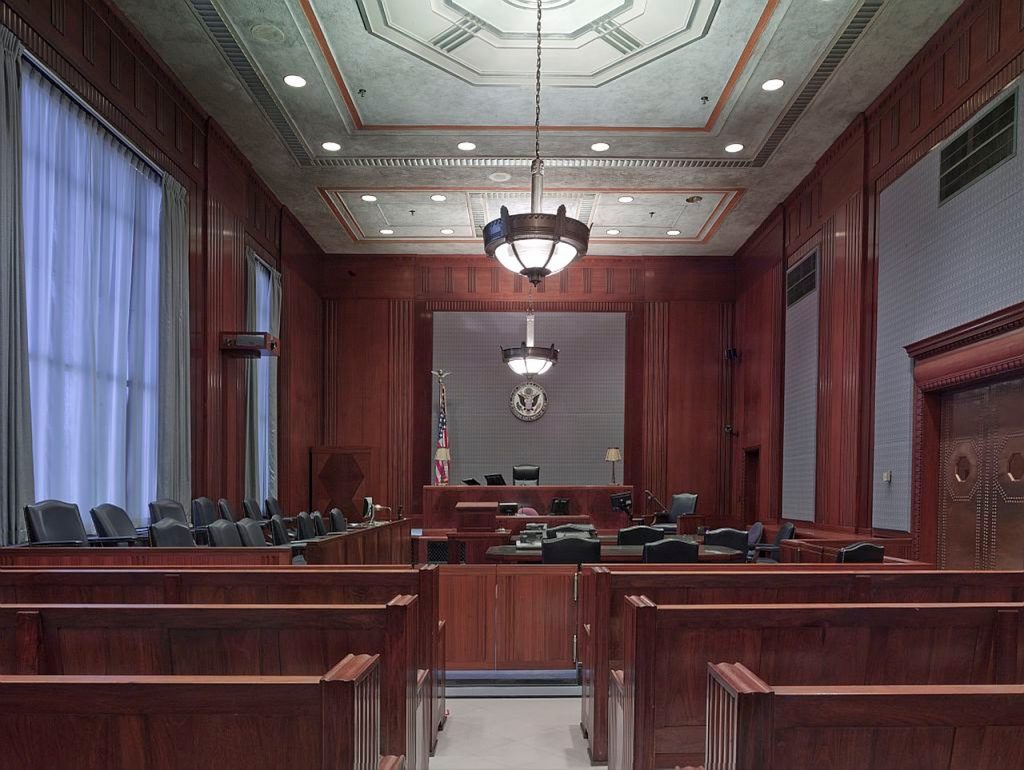You may have heard the term prosecutorial discretion but don’t understand what it is and how it might affect your immigration case. Our blog is here to clear things up.
What is prosecutorial discretion?
Essentially, prosecutorial discretion is the authority of a given agency (for example, ICE) to determine if—and to what extent—it will prosecute a case. For example, if a law enforcement officer decides to not pursue a charge against an individual (even though a charge is legally possible), he or she has exercised favorable prosecutorial discretion. This authority for an agency to have the discretion in determining when and how to prosecute or to not prosecute has been a critical part of U.S. law for some time and applies to administrative, civil, criminal, as well as immigration law. Prosecutorial discretion also allows law enforcement officials to decline to enforce laws that are outdated or worded too broadly to be effectively put into force.
How does prosecutorial discretion influence immigration law?
Prosecutorial discretion can be used in almost every phase of an immigration case—from the initial Notice to Appear all the way through the final removal interview. For example, prosecutorial discretion can be favorably exercised by:
- Granting a deferred action
- Determining if someone should be released on bond
- Issuing a stay of removal
- Terminating or closing removal proceedings
- Deciding to not issue a charging document at all
How does ICE determine whether or not to exercise prosecutorial discretion?
ICE does not have the resources to remove everyone that is present in the U.S. illegally and must determine who to prosecute and who not to. While the list of factors is too long to list here, a few examples of them would be:
- Does the person have connections to their community?
- Do they have immediate relatives (spouse or children) that are already U.S. citizens or permanent residents?
- Have they or an immediate relative served in the U.S. military?
- What were the circumstances of how he or she arrived in the U.S.?
- What charges are being made against the individual?
Another factor that can influence prosecutorial discretion is that as laws change, it affects the priorities that influence law enforcement. It is simply not possible for law enforcement officers to pursue every offense that is brought to their attention. Prosecutorial discretion is not just determined on a case-by-case basis, but can also be exercised on an agency-wide basis, or by a single officer or department employee. For this reason, your Florida immigration attorney would need to examine the specifics of your unique case.
Contact Us
If you are facing an immigration issue and don’t know if prosecutorial discretion may apply to your situation, your first move should be to contact an attorney that is well versed in the details of immigration law. Call Saleh and Associates at (305) 448-0077 and get one of the most experienced and skilled Florida immigration attorneys working on your case today.








